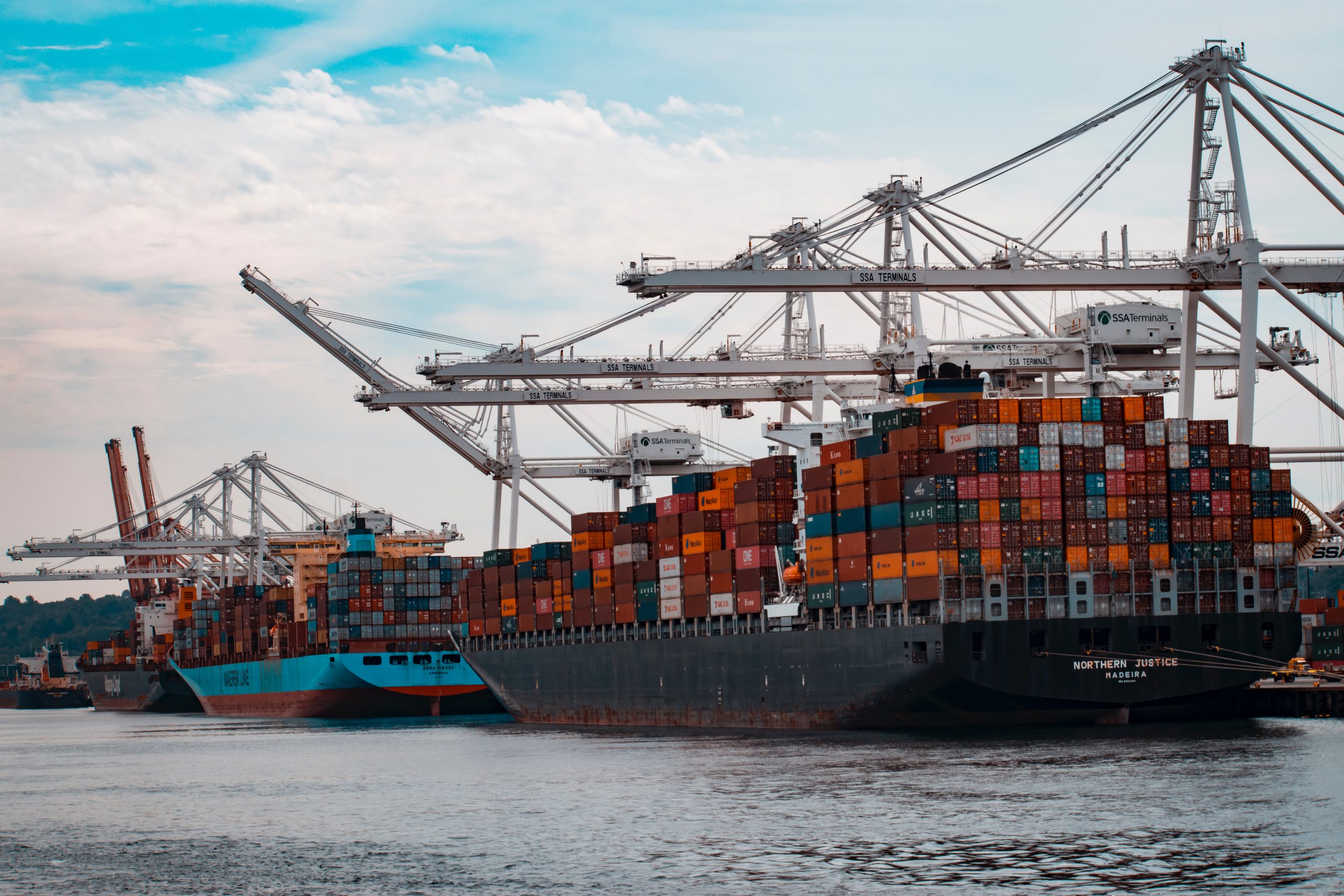In early January, Samuel Gregg explained at Law & Liberty how economic policies driven by nationalist protectionism have, in many cases, eventually resulted in economic loss. Generally, protectionist policies are implemented in order to protect workers and industries, however, they also have the effect of throwing market incentives off balance. When a nation employing protectionist policies disincentivizes other countries from importing or exporting goods, comparative advantage in that nation’s industries is “dulled,” argues Gregg. “The more you protect the industry, the more inflexible and inefficient it will likely become.”
Oren Cass and Daniel McCarthy wrote responses to Gregg, Cass mainly taking issue with Gregg’s understanding of comparative advantage while McCarthy argues for economic “realism” in the face of national threats, writing that China is a prime example of a country necessitating the need for the United States to employ reasonable protectionist policies.
In a new piece for Law & Liberty, Gregg refutes both responses, first dissecting Cass’ misconception of how economists think about comparative advantage. According to Cass, protectionist policies are legitimate because comparative advantage is not fixed, contrary to, Cass believes, how economists understand it. Au contraire, writes Gregg; economists do indeed believe comparative advantage is something given to change, a fact that only serves to bolster the argument that competition should not be stifled. The fact that advantages in competition are constantly changing does not necessitate experts to step in and take the reigns — quite the opposite. Gregg makes the point that believing this does not stem from “market fundamentalism,” but rather realism about our condition. No expert can consistently, accurately anticipate various changes in any industry.
In response to McCarthy, Gregg concedes that China is a threat that demands action, but there are a plethora of weapons America can use to defend itself from China’s intellectual theft and geopolitical threats that do not include tariffs:
These range from diplomatic pressure to bolstering friends in the region, improving its own communications security, pressuring allied governments not to deal with Chinese technology companies like Huawei which will do whatever the Chinese Communist Party tells them to do, rigorously prosecuting Chinese nationals and businesses engaged in espionage and intellectual property theft, and relentlessly highlighting the regime’s brutal repression of religious liberty and its willingness to try and oppress entire ethnic-religious groups like the Muslim Uighurs.
Defenders of free trade do not have a history of ignoring foreign threats, Adam Smith included. “[Smith]…accepted the modern nation-state as the basic-building block of international relations and understood that this has implications for trade,” Gregg points out. However, protectionist policies are being supported without regards to market realities. When America chooses to protect its industries primarily at the expense of trading freely, it shoots itself in the foot, a fact that Gregg (and historical evidence) proves — and those who will bear the brunt of the pain won’t be wealthy, well educated citizens.
There are multiple cultural and economic frustrations currently propping up arguments for economic nationalism. New industrial policies or tariffs will do little to address the roots of those issues and will only appear to fix them, acting as a quick band aid. Protectionist trade policies ultimately “make the United States a less-economically disciplined, less productive, less adaptable, and less-competitive country,” concludes Gregg. None of these descriptors leave America better-off.

